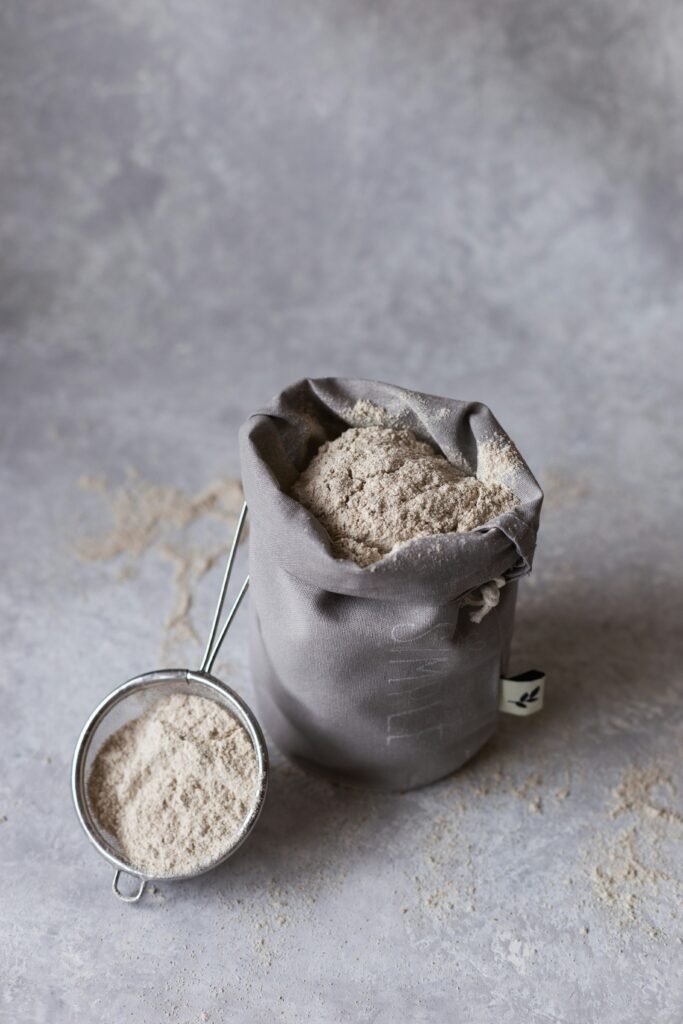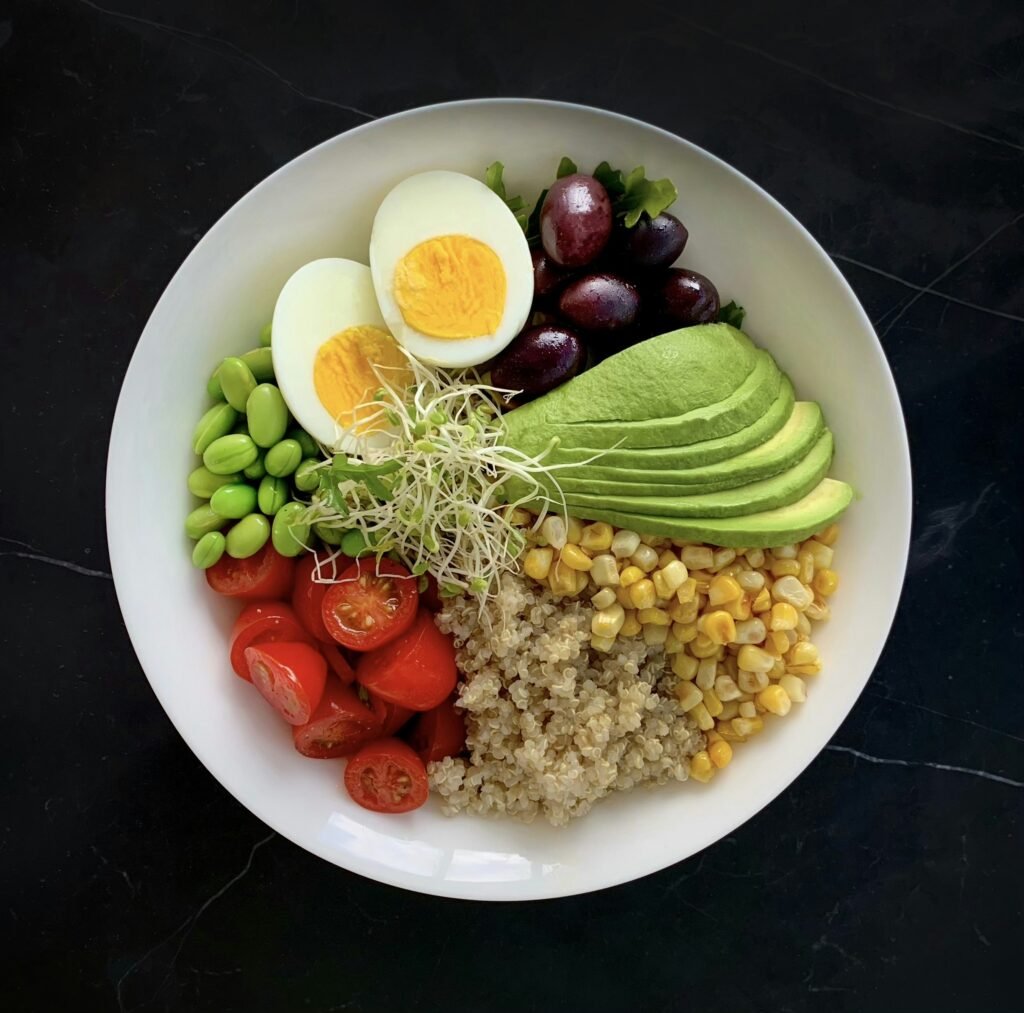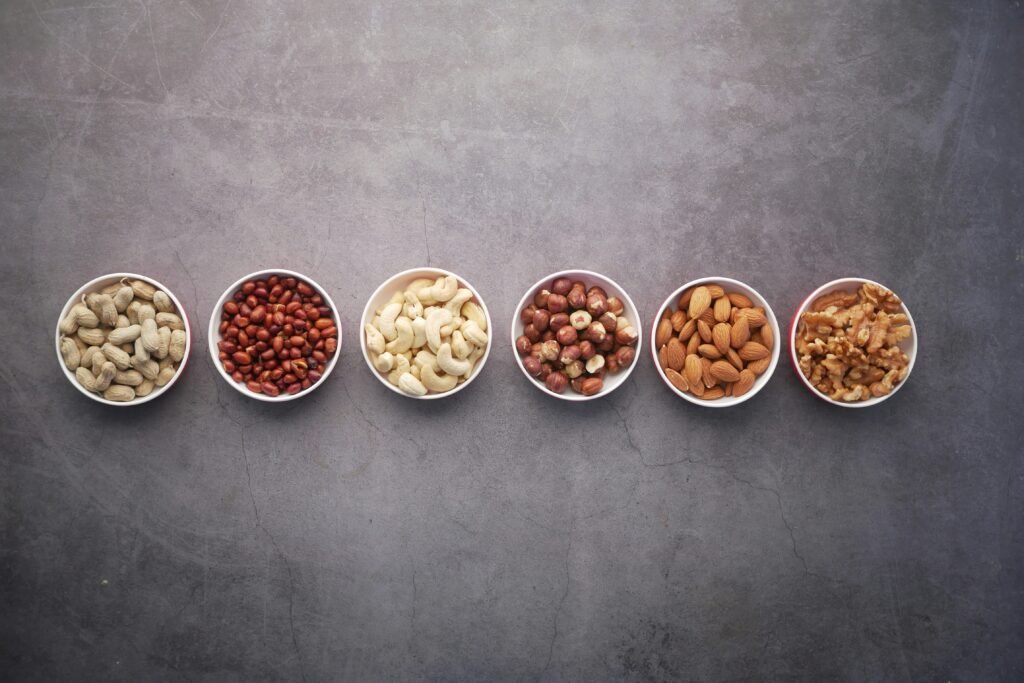What Is The Best Diet For Muscle Gain?
You might be wondering, what is the best diet for muscle gain? Building muscle requires a combination of proper nutrition, sufficient protein intake, and a well-balanced diet. In this article, we will explore the best diet for muscle gain to help you achieve your fitness goals.

Understanding Muscle Gain
Before we dive into the best diet for muscle gain, let’s first understand how muscles grow. When you engage in resistance training, such as weightlifting, your muscles experience microtears. These tears are then repaired by your body through a process called muscle protein synthesis, which ultimately leads to muscle growth and increased strength.
Protein Intake for Muscle Gain
Protein is essential for muscle growth, as it provides the building blocks (amino acids) necessary for repairing and building muscle tissue. To maximize muscle gain, aim to consume 1.2 to 2.2 grams of protein per kilogram of body weight per day. Good sources of protein include lean meats, poultry, fish, eggs, dairy products, legumes, and protein supplements.
Carbohydrates for Energy
Carbohydrates are your body’s primary source of energy, especially during intense workouts and resistance training. Consuming an adequate amount of carbohydrates can help fuel your workouts and support muscle growth. Include complex carbohydrates such as whole grains, fruits, vegetables, and legumes in your diet to ensure optimal energy levels and performance during training.
Healthy Fats for Hormone Production
Healthy fats play a crucial role in hormone production, which is essential for muscle growth and repair. Include sources of healthy fats such as avocados, nuts, seeds, olive oil, and fatty fish in your diet to support overall health and muscle-building efforts. Aim to consume unsaturated fats over saturated fats for better heart health and overall well-being.

Micronutrients for Muscle Function
In addition to macronutrients like protein, carbohydrates, and fats, micronutrients are also essential for muscle function and growth. Make sure to include a variety of fruits and vegetables in your diet to ensure you are getting an adequate intake of vitamins, minerals, and antioxidants. These micronutrients play a crucial role in supporting your immune system, reducing inflammation, and promoting overall health.
Hydration for Muscle Recovery
Staying hydrated is crucial for muscle recovery and performance. Water plays a key role in transporting nutrients to your muscles, removing waste products, and regulating body temperature. Aim to drink at least 8-10 glasses of water per day, and more if you are engaging in intense physical activity or living in a hot climate. Hydration is key to optimizing muscle gain and overall fitness.

Meal Timing and Frequency
When it comes to the best diet for muscle gain, meal timing and frequency also play a role in optimizing muscle growth. Aim to consume a combination of protein and carbohydrates before and after your workouts to fuel your muscles and support recovery. Additionally, spreading your protein intake evenly throughout the day and consuming frequent, balanced meals can help maximize muscle protein synthesis and support muscle gain.
Supplements for Muscle Gain
While a well-balanced diet should be your primary focus for muscle gain, supplements can be a helpful addition to support your goals. Popular supplements for muscle gain include protein powders, creatine, branched-chain amino acids (BCAAs), and beta-alanine. Before adding any supplements to your routine, consult with a healthcare professional or nutritionist to ensure they are safe and appropriate for your individual needs.
Sample Diet Plan for Muscle Gain
To give you a better idea of what the best diet for muscle gain looks like, here is a sample meal plan:
Breakfast:
- Scrambled eggs with spinach and whole-grain toast
- Greek yogurt with berries
Mid-Morning Snack:
- Protein shake with banana
Lunch:
- Grilled chicken breast with quinoa and roasted vegetables
Afternoon Snack:
- Cottage cheese with almonds
Pre-Workout Snack:
- Whole-grain rice cakes with almond butter
Post-Workout Meal:
- Salmon with sweet potato and steamed broccoli
Dinner:
- Lean beef stir-fry with brown rice
Tracking Progress and Adjusting Your Diet
As you follow the best diet for muscle gain, it’s essential to track your progress and make adjustments as needed. Monitor your weight, body composition, strength levels, and overall performance in the gym to gauge your progress. If you are not seeing the desired results, consider adjusting your calorie intake, macronutrient ratios, or workout routine to better align with your goals. Remember, consistency is key when it comes to building muscle, so stay dedicated and patient throughout your fitness journey.
In conclusion, the best diet for muscle gain includes a balanced intake of protein, carbohydrates, healthy fats, and micronutrients. By focusing on proper nutrition, adequate hydration, and strategic meal timing, you can optimize muscle growth and support your fitness goals. Remember to consult with a healthcare professional or nutritionist before making any significant changes to your diet or supplement routine. Stay committed, stay consistent, and you will see progress on your journey to building muscle.